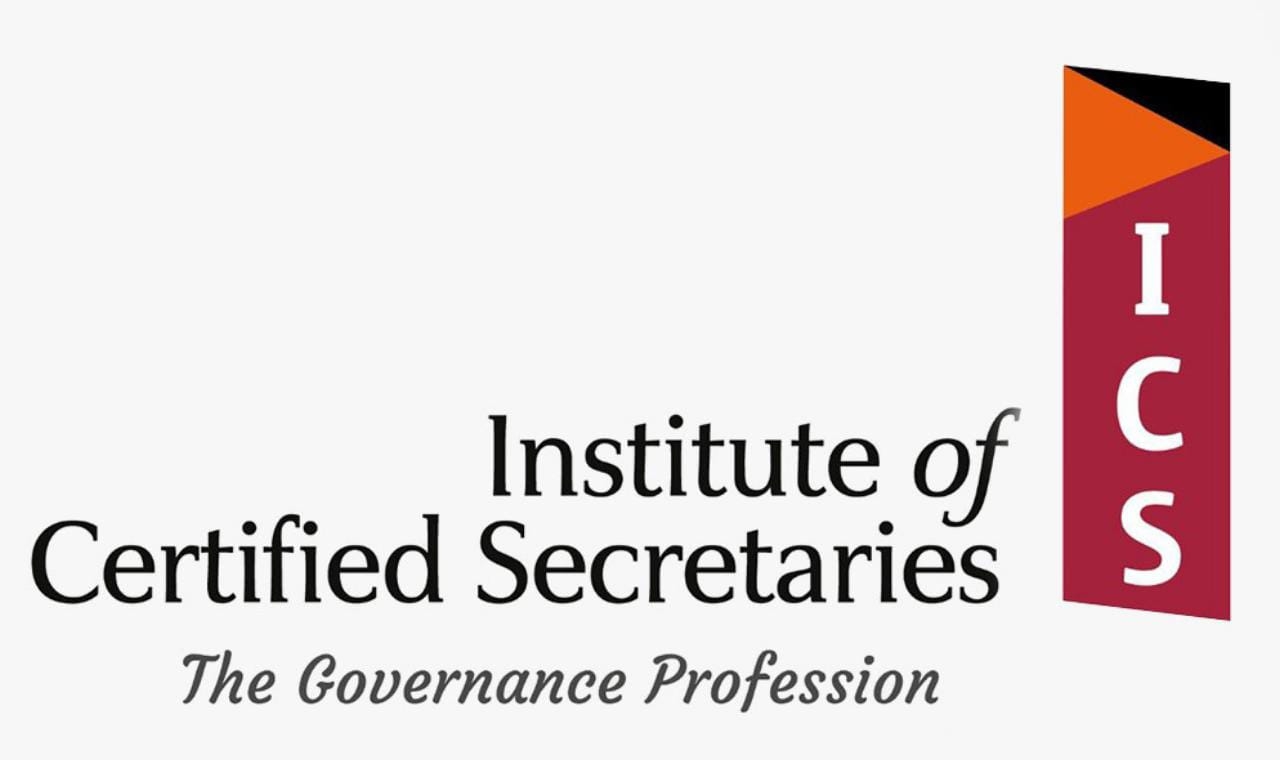Artificial intelligence (AI) is a disruptive technology that has been rapidly adopted by companies in various industries, including finance, human resource, marketing, communication, healthcare, retail, and logistics among others. The use of AI technology raises many ethical and legal issues, including those related to corporate governance. Corporate governance refers to the system of rules, practices, and processes by which a company is directed and controlled. It ensures that a company is accountable to its stakeholders, upholds ethical standards, and complies with legal requirements. With the increasing integration of AI in businesses, there is a need to examine how corporate governance can effectively manage the risks and opportunities presented by AI.
Evidently, there is intersection of corporate governance and AI, especially on leveraging on the opportunities that come with it as well as appreciating the challenges that this can pose in corporate governance space.
In consideration of this subject, let us examine the opportunities that come with AI. Despite the challenges, AI presents companies with several opportunities that can enhance their competitiveness and improve their corporate governance practices. Here are some of the most notable benefits.
Improved decision-making: AI technology can analyze vast amounts of data to generate insights that can significantly improve decision-making processes. As a result, AI can assist board members and executives in making informed decisions that align with the company's strategic goals and values.
Enhanced efficiency: AI technology can automate many mundane and repetitive tasks, freeing up resources to focus on more critical and value-adding activities. This may enable companies to become more efficient, productive, and profitable by reducing costs and improving productivity.
Better risk management: AI technology can identify and monitor potential risks in real-time, allowing companies to respond quickly and proactively to emerging threats. This may help businesses to minimize their exposure to risk and protect their assets and stakeholders effectively.
The use of AI in corporate decision making may also pose myriad of challenges for executives and board members which includes but not limited to:
Ethical considerations: The development and deployment of AI can create ethical dilemmas for companies, mainly when it concerns the collection and analysis of confidential information. The use of AI algorithms for hiring, for example, may raise questions of fairness, privacy, and potential bias in decision-making processes.
Lack of transparency: AI technology is complex, and its decision-making processes can be difficult to understand for average persons. This lack of transparency may limit the ability of the corporate governance system to control or govern AI-driven decision-making processes. It can also hinder the ability of stakeholders to hold the company accountable to ethical and legal standards.
Risk management: The use of AI technology carries significant risks, including data breaches, cyberattacks, and technological malfunctions. These risks can harm a company's reputation, financial stability, and trust from its stakeholders. Therefore, effective risk management is essential to ensure that the company's AI strategy aligns with its strategic goals and values.
In conclusion, to effectively manage the intersection of corporate governance and AI, companies should establish clear policies and procedures for the development and deployment of AI systems. This should include guidelines for data privacy, security, and transparency in decision-making. Companies should also establish oversight mechanisms to ensure that AI is used ethically and in compliance with legal and regulatory requirements.
